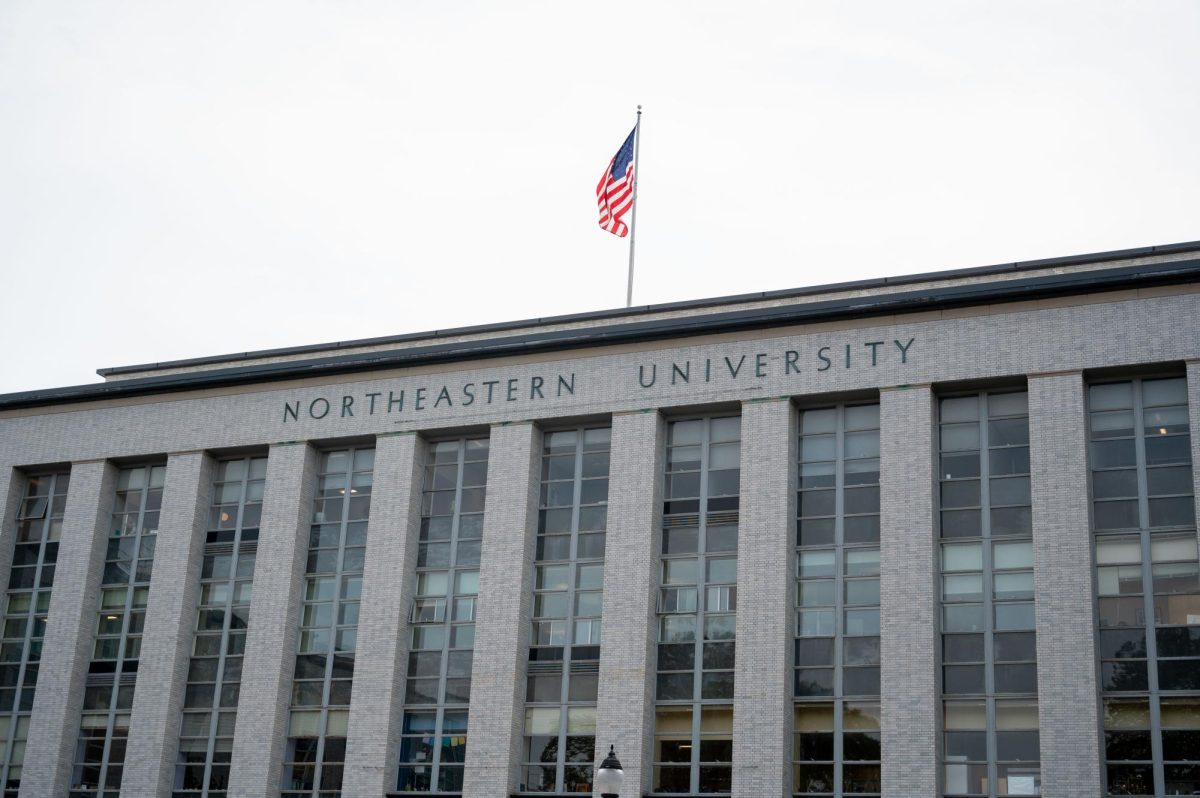By Stephen Sears
Nearly 30 years ago, U.S. District Court Judge W. Arthur Garrity divided the city like never before, ordering forced busing to integrate Boston’s public schools. Now, city officials are thinking of ending the practice. When Judge Garrity made his decision, he must have thought he would help end de facto segregation in Boston and give black youths a better shot at a good education. His ruling failed, but it does not mean he had the wrong idea.
In the years leading up to Garrity’s controversial decision, Boston’s schools were terribly underfunded and most minority kids found themselves in the city’s worst schools. Not much has changed. Besides hurling rocks at children, many whites did something even more effective; they took their kids out of Boston’s schools and flocked to the indomitable fortresses of white security otherwise known as the suburbs.
Current statistics clearly show how busing failed to integrate blacks into largely white schools. Actually, the exact opposite occurred. Eighty-six percent of Boston’s 62,000 public school children are black, Hispanic or Asian. When forced to diversify, students show the innate ability to segregate themselves. Look at any lunchroom and the racial divisions are clear. Middle and high school kids are much more cognizant of the race of their friends then they were in kindergarten. When you are 6 years old, you do not know how “white kids” usually act as opposed to “black kids.” The stereotypes have not set in. No amount of forced busing can fix this problem or the many others that plague public education.
The solution now should concentrate on building or establishing adequate schools in black neighborhoods so they do not have to be bused around the state. In truth, blacks in Boston and throughout the country are bearing the burden of the current education crisis. Their neighborhoods are poorer so the schools are poorer. When the talk of great public schools systems arises, affluent, white areas tend to come up. Back in my home state of Rhode Island, Barrington and Coventry were always mentioned as having great school systems. Both towns are whiter than a loaf of bread. Providence, the capital city with a large minority population, never comes up, at least in good terms. Replace the two former cities with Newton and Milton and the latter city with Boston.
Garrity knew back then what is true right now. The best way for black children to get a good education is to place them in the well-funded schools of white kids. City officials have to ask themselves why black kids are almost always on the outside looking in when it comes to good schooling.
They first have to look at what defines a good school. Are they the ones that send their kids off to good colleges? More black men are in prison than in college. Well-to-do whites are the ones with the resources to get into Harvard, Brown or MIT. This does not mean the schools privileged ones attend are any better. This stuff is pre-determined. Just look at Yale alumnus George W. Bush.
City councilors may point to MCAS scores, but racial disparities in those results are of concern. Everyone wants accountability for the sad state of our schools, and many say MCAS can provide that. What is often overlooked is the surrounding communities and the society as a whole. People tend to think that schools build up communities, which is true to a degree. More likely, schools are products of communities. Wealthy neighborhoods will have the schools with the good test scores and the students that head off to the Ivy League. Conversely, poorer areas will usually struggle, even though the teachers might be just as good. Sometimes, no matter how good the school is, the money and resources are not there. Just ask yourself why some schools have indoor pools and state of the art computers while others have barely enough chairs and tattered text books.
Judge Garrity’s decision focused on Boston’s school system as symbolic of American society, complete with de facto segregation and huge disparities in wealth. His edict is now close to extinction, and Boston must confront the racial, social and political aspects of the city’s education problems.
The federal government has run up huge deficits, which it can handle, but then passes it off on to the states, which cannot. Washington is upping defense spending to well over $300 billion and will throw $87 billion at Iraq while states are $8 billion behind in meeting federal education standards.
The national focus seems to be on vouchers and test scores, but the busing policy, though a failing one, attacked the real problem; that the education issue is a social issue, reflective of where our priorities are, reflective of the disparities in wealth. The city of Boston should give struggling communities the money they need to establish the comfort that many affluent neighborhoods enjoy. Maybe then issues like forced busing and racial quotas would never have to arise in the first place.
— Stephen Sears can be reached at [email protected].









